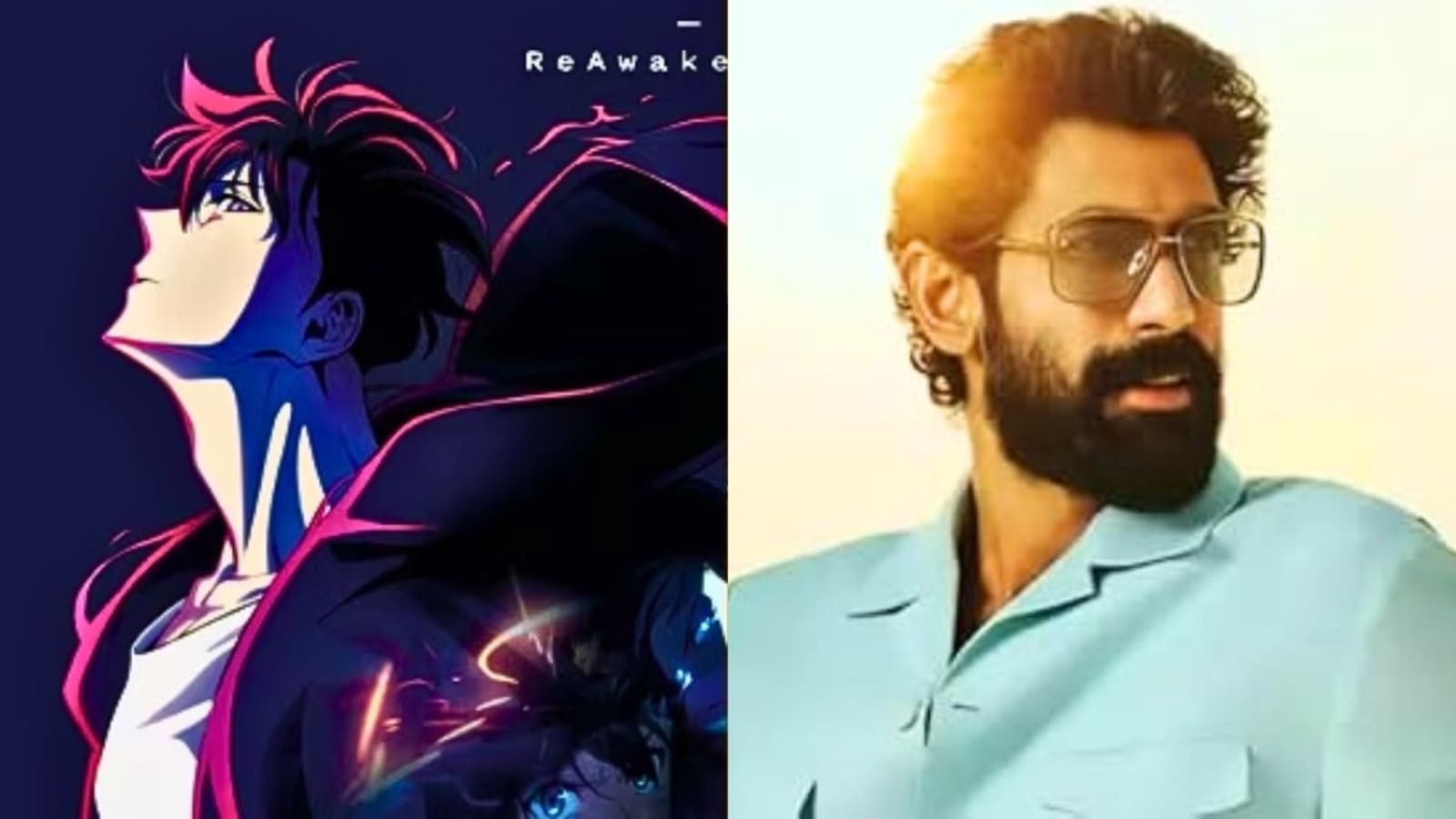Royston Ellis, a British Beat poet who rose to fame with spoken-word performances to a rock ’n’ roll accompaniment, including gigs with the Beatles and Jimmy Page before they were famous, died on Feb. 27 in Induruwa, Sri Lanka. He was 82.
His death, in a hospital, was announced in a Facebook post by his longtime assistant and close friend, Neel Jayantja Pathitrana. Emmalena Ellis, a grandniece, said the cause was heart failure.
Over the course of a six-decade career, Mr. Ellis was as peripatetic as he was prolific: He published more than 60 books, including poetry compilations, novels, travel books and memoirs of his time in the limelight.
Nevertheless, he is best remembered for his forays into what he called “rocketry”: rock-accompanied poetry readings that bridged the jazz-soaked Beat era of the 1950s and the chaotic rock ’n’ roll era that would soon shake the ’60s.
Mr. Ellis was still in his late teens when he published two highly regarded books of poetry, “Jiving to Gyp” (1959) and “Rave” (1960). Their success vaulted him into regular appearances on British television and radio, often accompanied by the Shadows, the British rock star Cliff Richard’s backing band.
With his shaggy hair, hepcat beard and racy poems touching on British youth’s anxieties, dreams of freedom and lust, he was hailed as Britain’s answer to Allen Ginsberg and Jack Kerouac, which raised eyebrows among some guardians of traditional British values. (The Daily Mirror once referred to him as “a weirdie from Weirdsville.”)
Pushback from the squares only raised his rebel appeal among the young. “Hard on the heels of the American ‘Beat generation’ comes an 18-year-old from Hatch End, and in his own circles he has caused a minor revolution,” a 1959 profile of him in The Harrow Observer and Gazette began. With poetry that is “indicative of the young people in the world today,” the article continued, “he seeks to capture their restless, unsettled imaginations.”
By 1961, he had become an important enough voice to discuss the state of poetry on television with John Betjeman, who would later be named Britain’s poet laureate. Over an ethereal electric guitar accompaniment, Mr. Ellis read his poem “Lumbering Now,” about furtive love between young people in a movie theater:
A long-haired, idle, unbound boy
And a glorious carefree maiden
Slumped in the front row of the stalls
Content with the lumbering harmony
Of their own idea of love
He then explained his philosophy of poetry. “Rhyme I’m not so sure about,” he said. “I find at times it makes a poem rather lethargic; you know, no drive behind it.”
There was plenty of drive whenever the teenage guitarist Jimmy Page, an ardent fan of Mr. Ellis’s poetry who would become known for his work with the Yardbirds and Led Zeppelin, backed his readings.
“When I was offered the chance to back Royston, I jumped at the opportunity,” Mr. Page wrote in the foreword to “Gone Man Squared,” a 2013 compilation of Mr. Ellis’s poetry and one of several Ellis books unearthed in recent years by Miriam Linna’s company Kicks Books. “It was truly remarkable how we were breaking new ground with each reading.”
As his fame grew, Mr. Ellis traveled to Moscow to read his poetry onstage with the celebrated Russian poet Yevgeny Yevtushenko, and jetted off to the Canary Islands to act in “Wonderful Life,” a 1964 film starring Cliff Richard. But it was his encounters with the Beatles that would become an inextricable part of the Royston Ellis story.
Christopher Royston George Ellis was born on Feb. 10, 1941, in Pinner, a suburban hamlet northwest of London. He was the youngest of three sons of John Ellis, a bank clerk, and Georgina (Ryall) Ellis, a secretary.
His preternatural command of language was evident by the time he was 5, as an adult cousin from Canada noted in a letter to his mother after visiting England. “He sure talks a blue streak,” the cousin said, “and when he talks one would almost think he was a speaking dictionary.”
Mr. Ellis attended the Harrow Weald County School, but dropped out at 16 to focus on his writing. Weaving his way into the bohemian underground of the Soho district of London, he was quickly drawing comparisons to the American Beat poets, although he later cited influences closer to home, in particular the British poet Christopher Logue, who provided inspiration with his “jazzetry” — poems read to a jazz accompaniment.
In May 1960, Mr. Ellis headed north for a reading at the University of Liverpool. Once in town, he dropped into the Jacaranda, a coffee bar popular with local youth, and “got talking to a boy, George, in a striped matelot T-shirt and black leather jacket who told me his friends played music,” he later recalled in an interview with the website Classic Bands.
George (last name Harrison) suggested that they head to 3 Gambier Terrace, the home of John Lennon, the leader of the band that had been calling itself the Silver Beetles. During his stay in Liverpool, Mr. Ellis befriended the rest of the band, which ended up backing him in a reading in the Jacaranda basement.
The future moptops were fascinated by this louche literary star in their midst, soaking up his views on poetry, music and sex, as recounted in “Tune In” (2013), a history of the Beatles’ early years by Mark Lewisohn. The working-class Liverpudlians found the homoerotic themes in Mr. Ellis’s work to be eye-opening, to say the least.
Mr. Ellis, who was bisexual by his account, recalled that he gave them “a lecture about the Soho scene and said they shouldn’t worry, because one in four men were queer, although they mightn’t know it.” In response, Paul McCartney said, “We looked at each other and wondered which one it was.”
Mr. Ellis later made other grand claims, including that he had persuaded the band to change “Beetles” to “Beatles,” a nod to Beat poetry. “I don’t know whether John had already considered that spelling,” he said in a 2013 interview with International Business Times, “but it was my encouragement that made him choose it permanently.” (This version of events is but one of many conflicting theories on the origin of the band’s name.)
Mr. Ellis did introduce the Beatles to drugs, according to the Lewisohn book, by showing them how to chew the Benzedrine-treated strip of a nasal inhaler to achieve an amphetamine high.
Mr. Ellis ended up inviting the Beatles to London to perform with him on television, although a scheduling conflict prevented the band from appearing. In the following years, as the Beatles became global superstars, Mr. Ellis took his own new direction: He traveled the world as a journalist and novelist, settling at various points in the Canary Islands, Greece, Turkey, the Dominican Republic and ultimately, Sri Lanka, where he lived for more than 40 years.
He is survived by a son, Eddie, and a brother, Derek.
In the late 1970s, Mr. Ellis began publishing racy historical novels in a series called “Bondmaster” under the pseudonym Richard Tresillian — a name he adopted to separate his career churning out potboilers from his days as a poetry star, Ms. Ellis, his grandniece, said in a phone interview.
Pen names aside, there is no evidence that he was embarrassed about writing mass-market page-turners to pad his bank account. In the International Business Times interview, he recalled a discussion in Liverpool with the Beatles, then struggling teenagers, “about what we wanted to be, and I said, ‘I want to be a paperback writer,’ because being published in paperback was then a sign of popular success.”
In June 1966, the Beatles hit No. 1 on the British charts with the single “Paperback Writer.”























